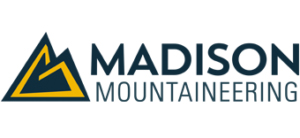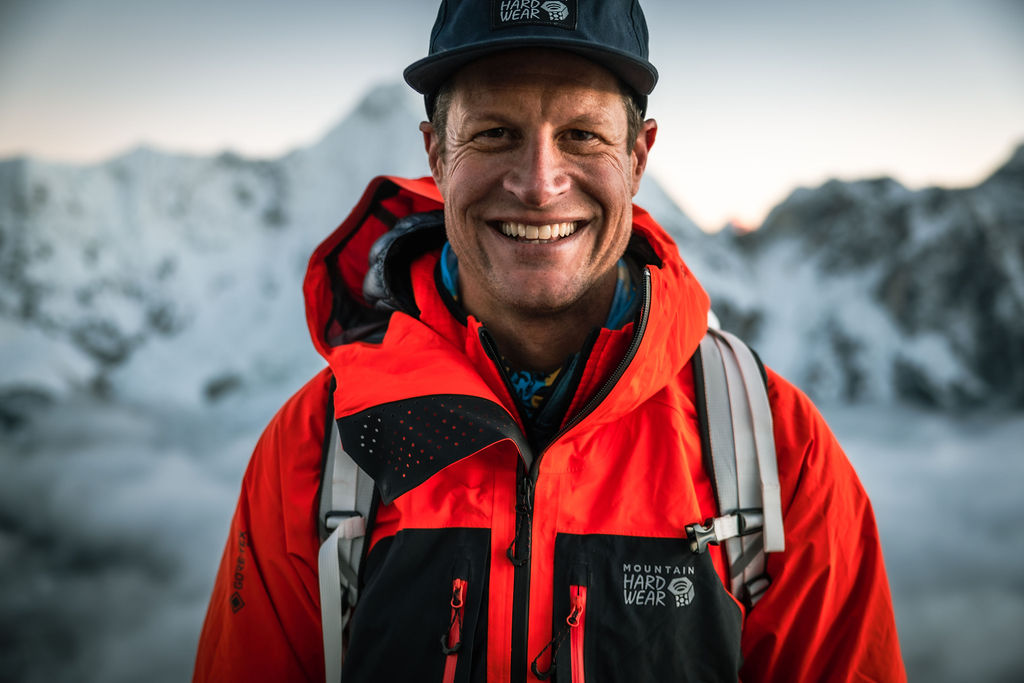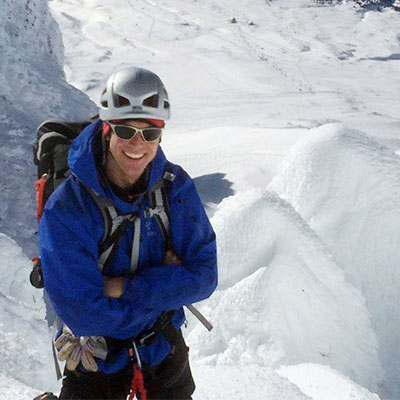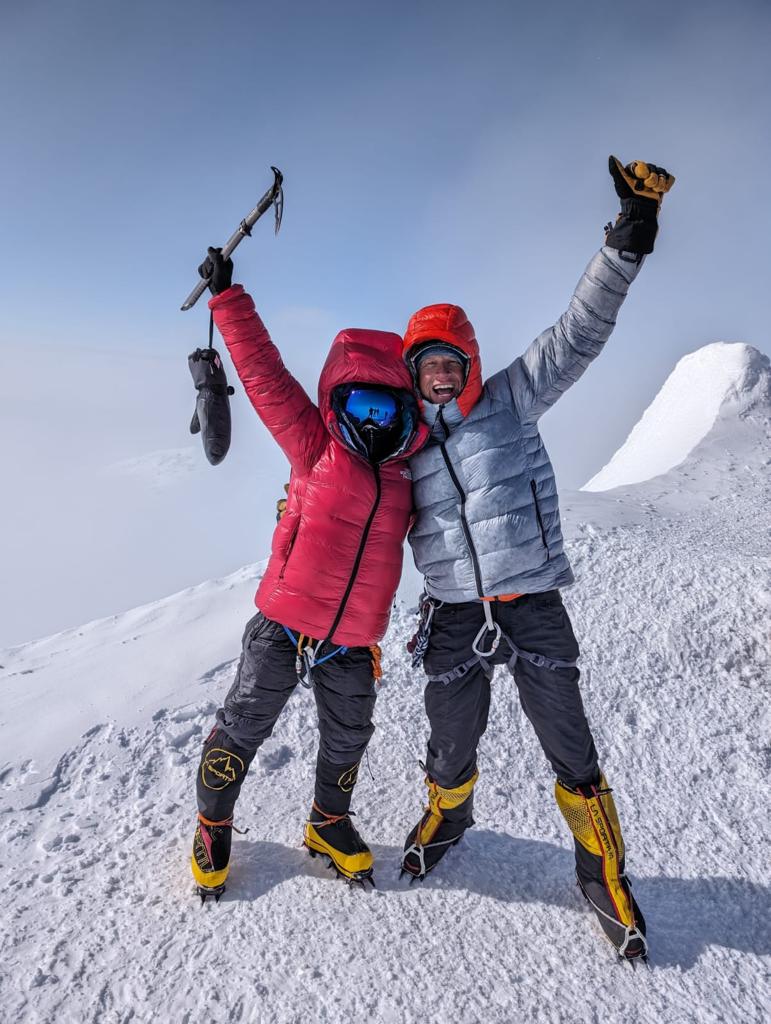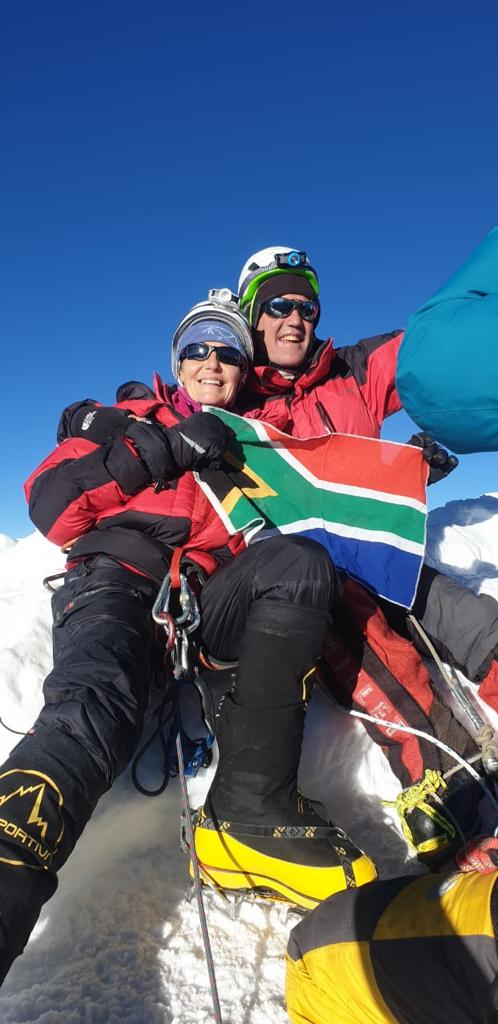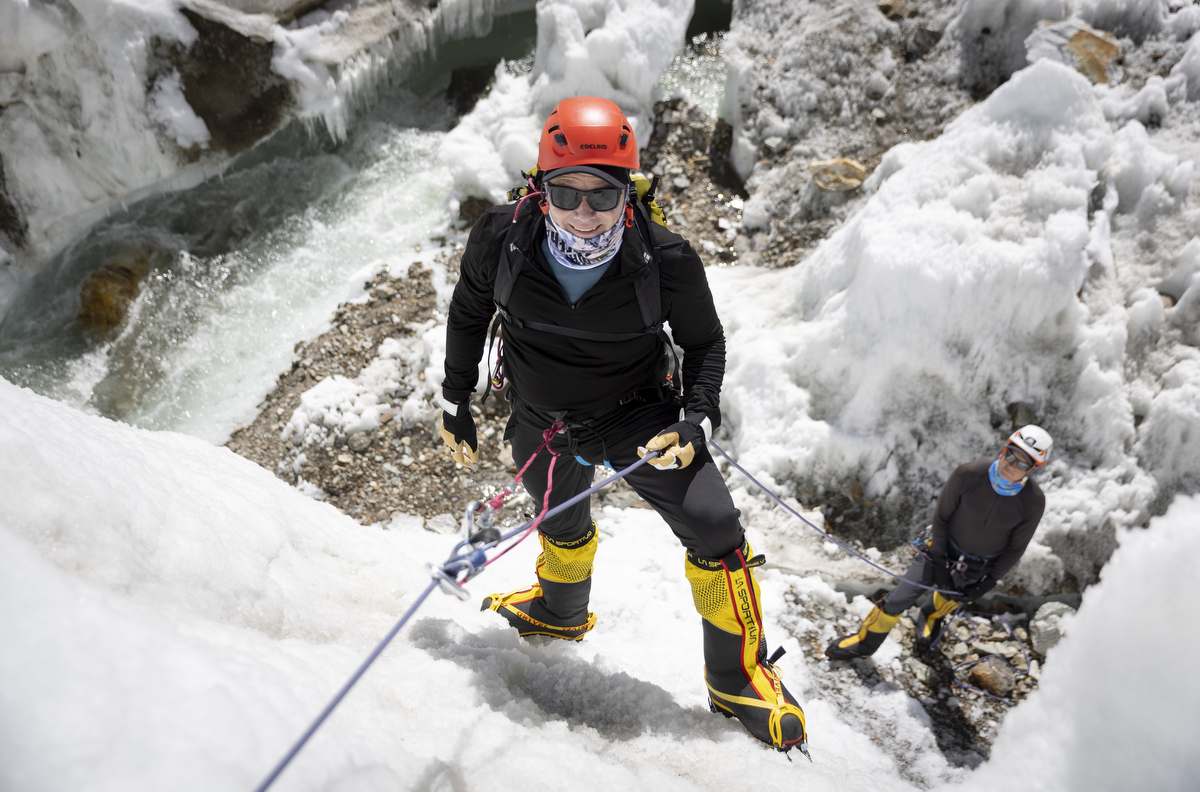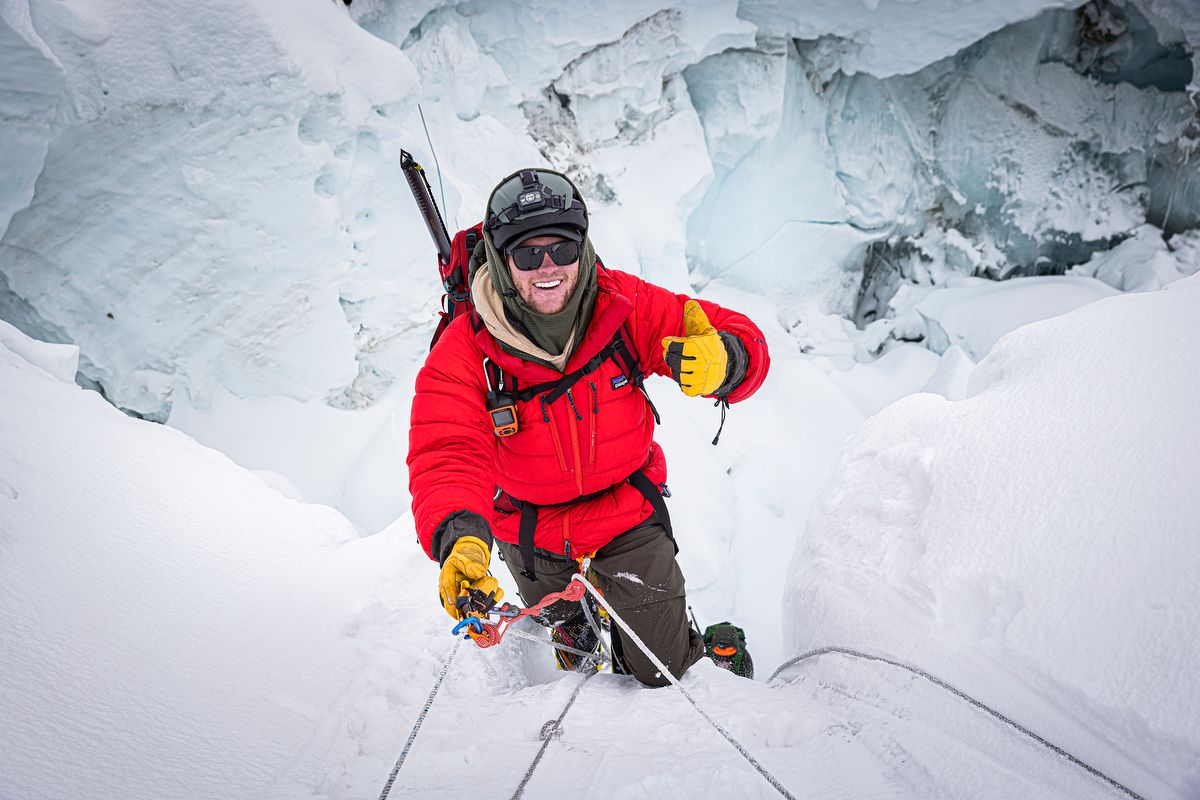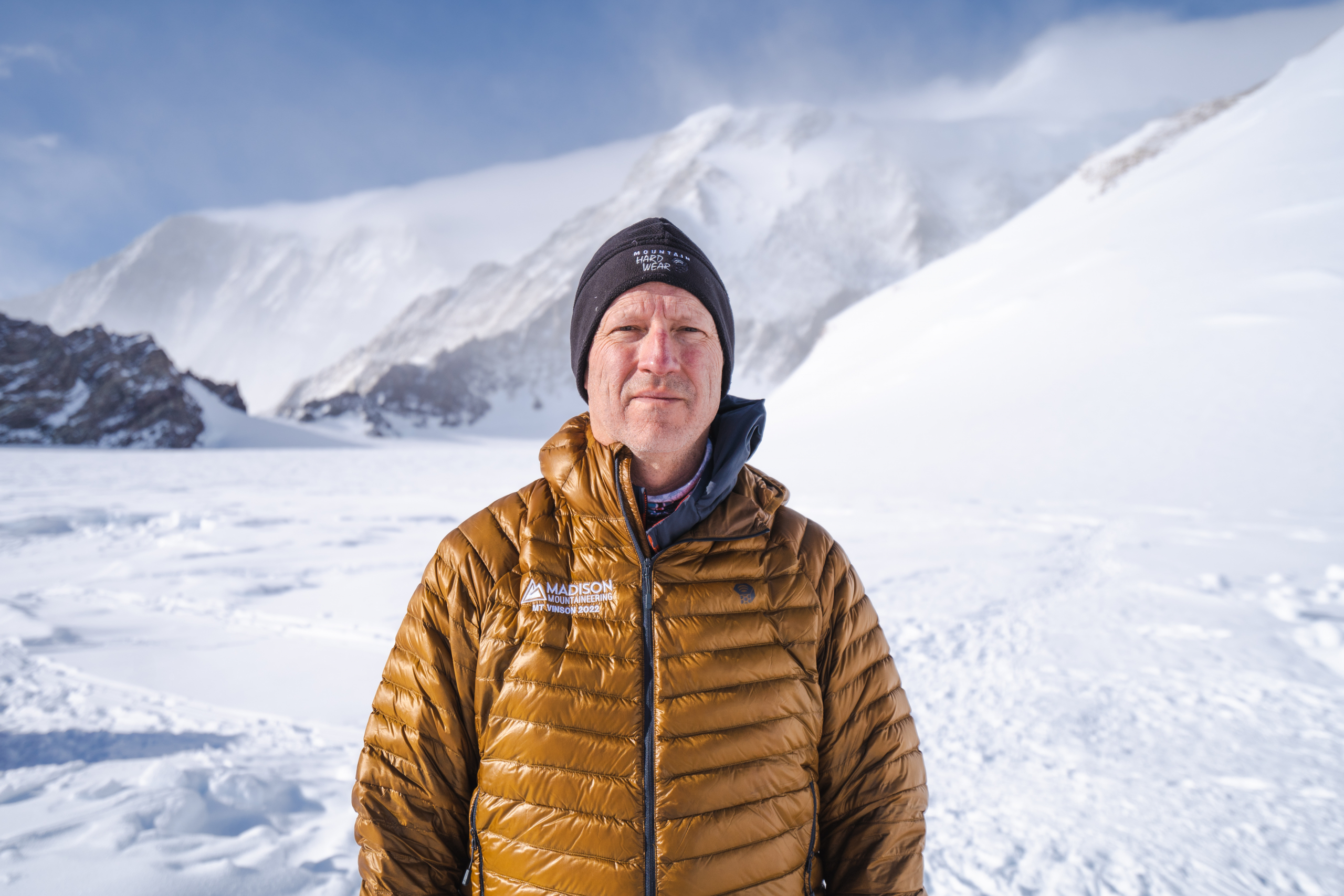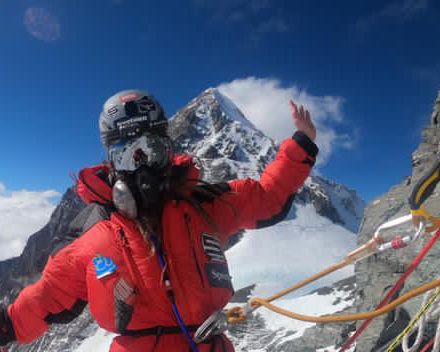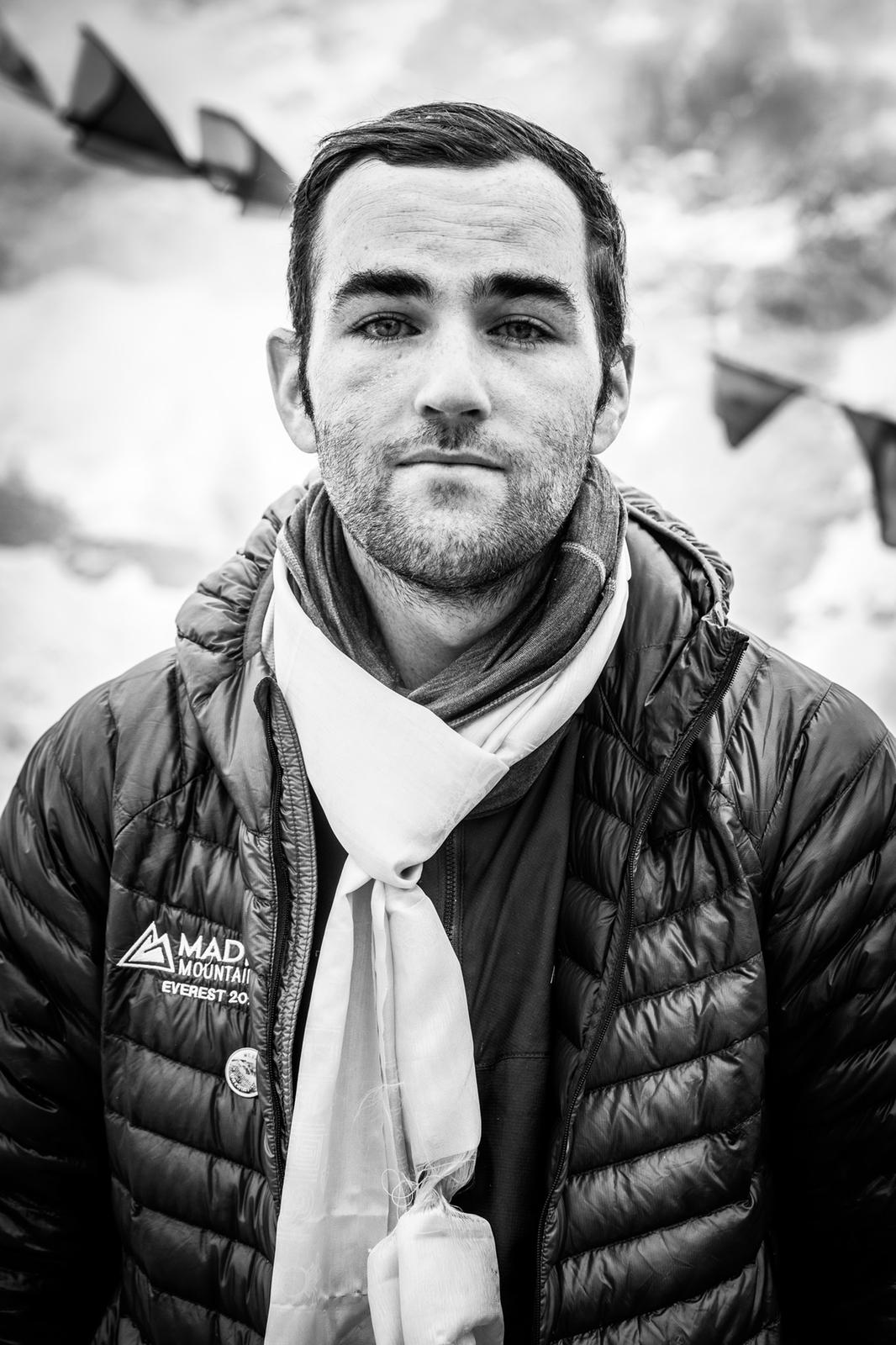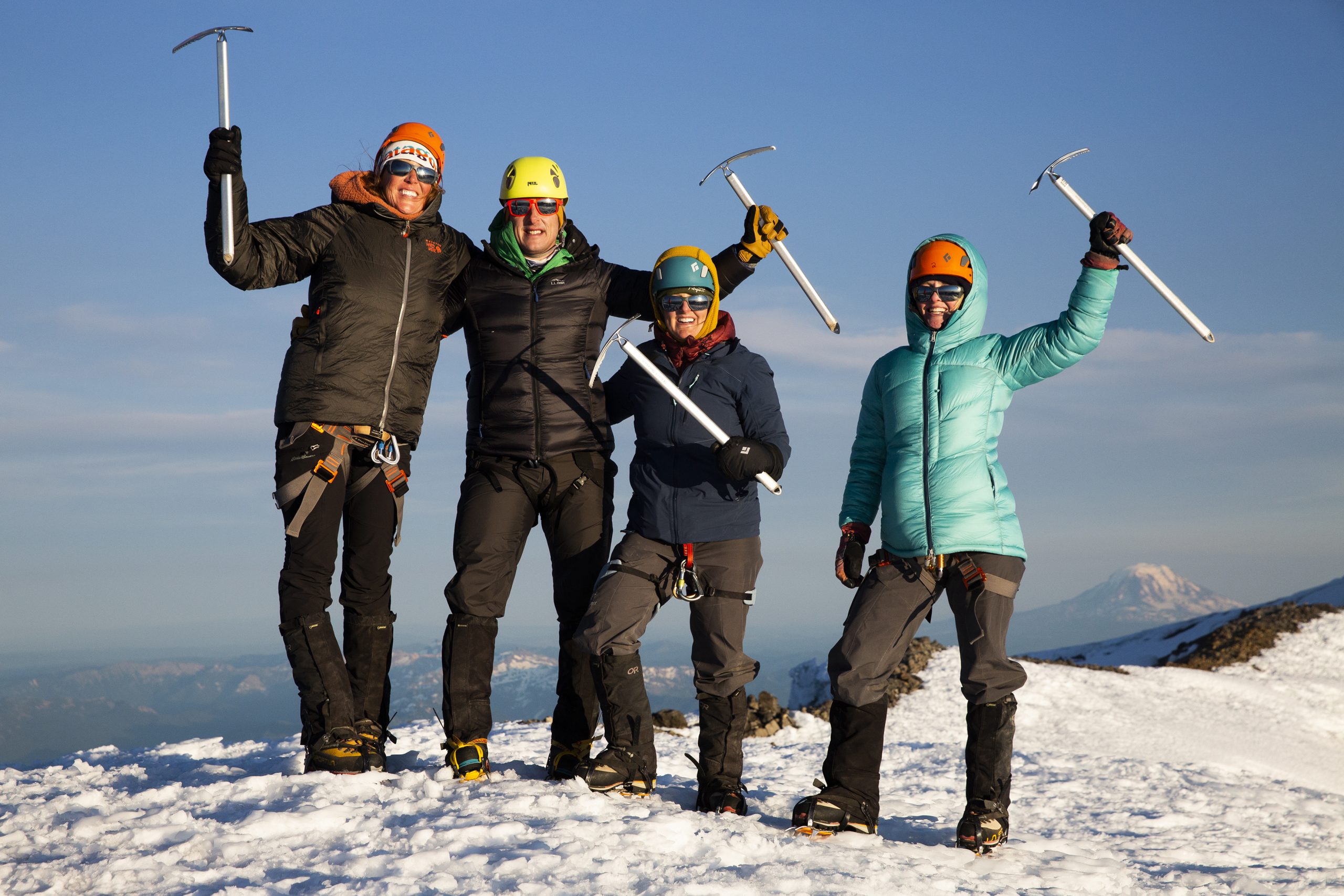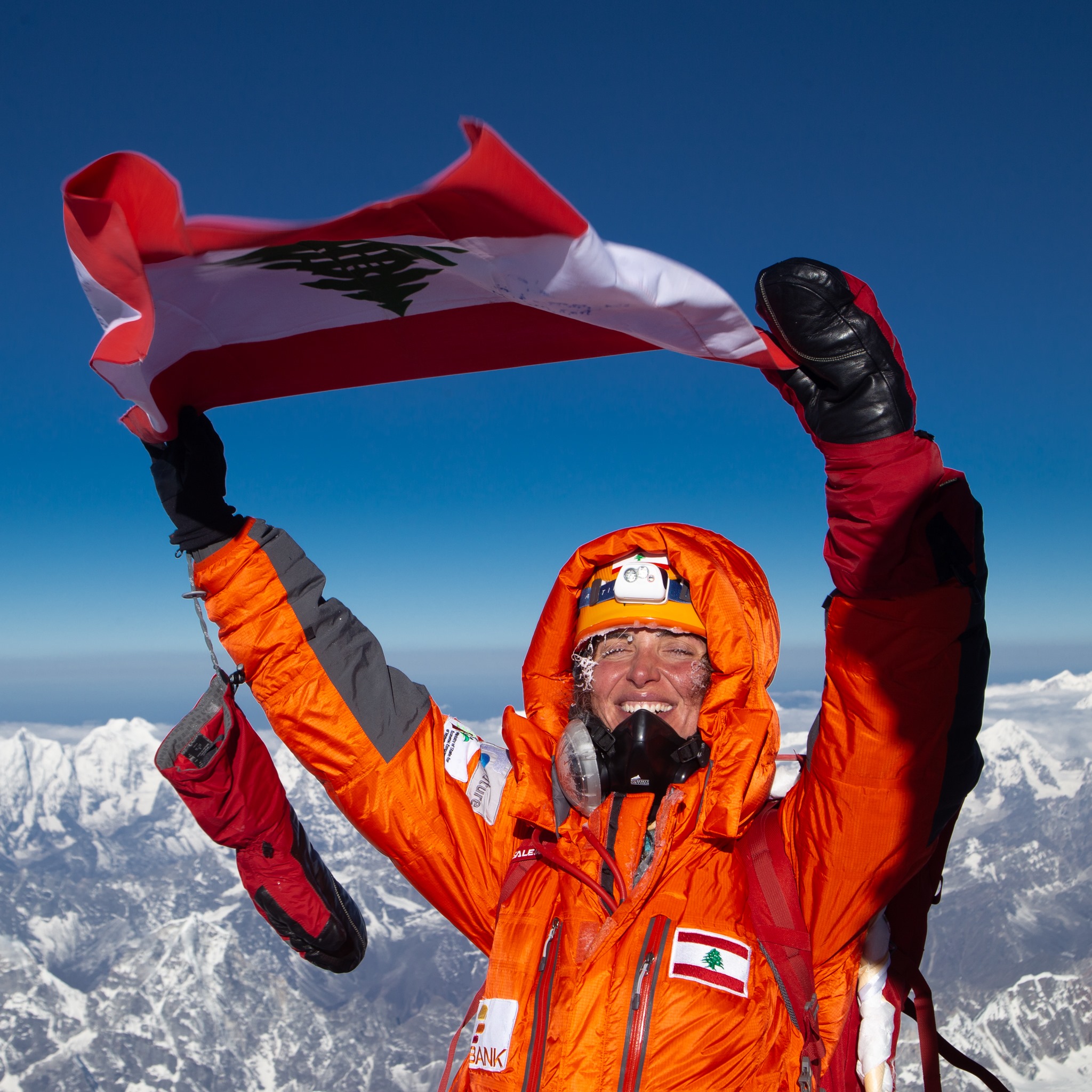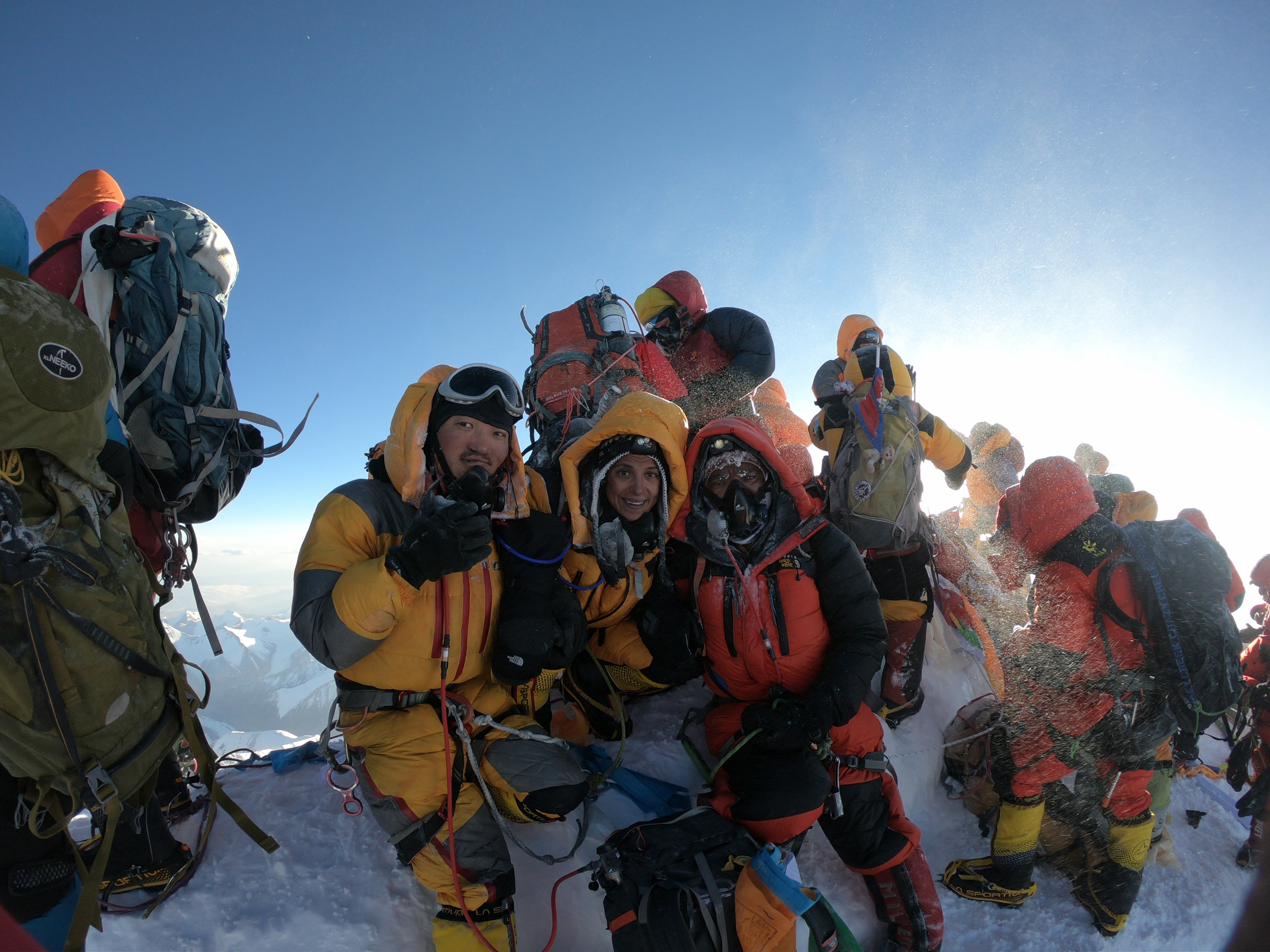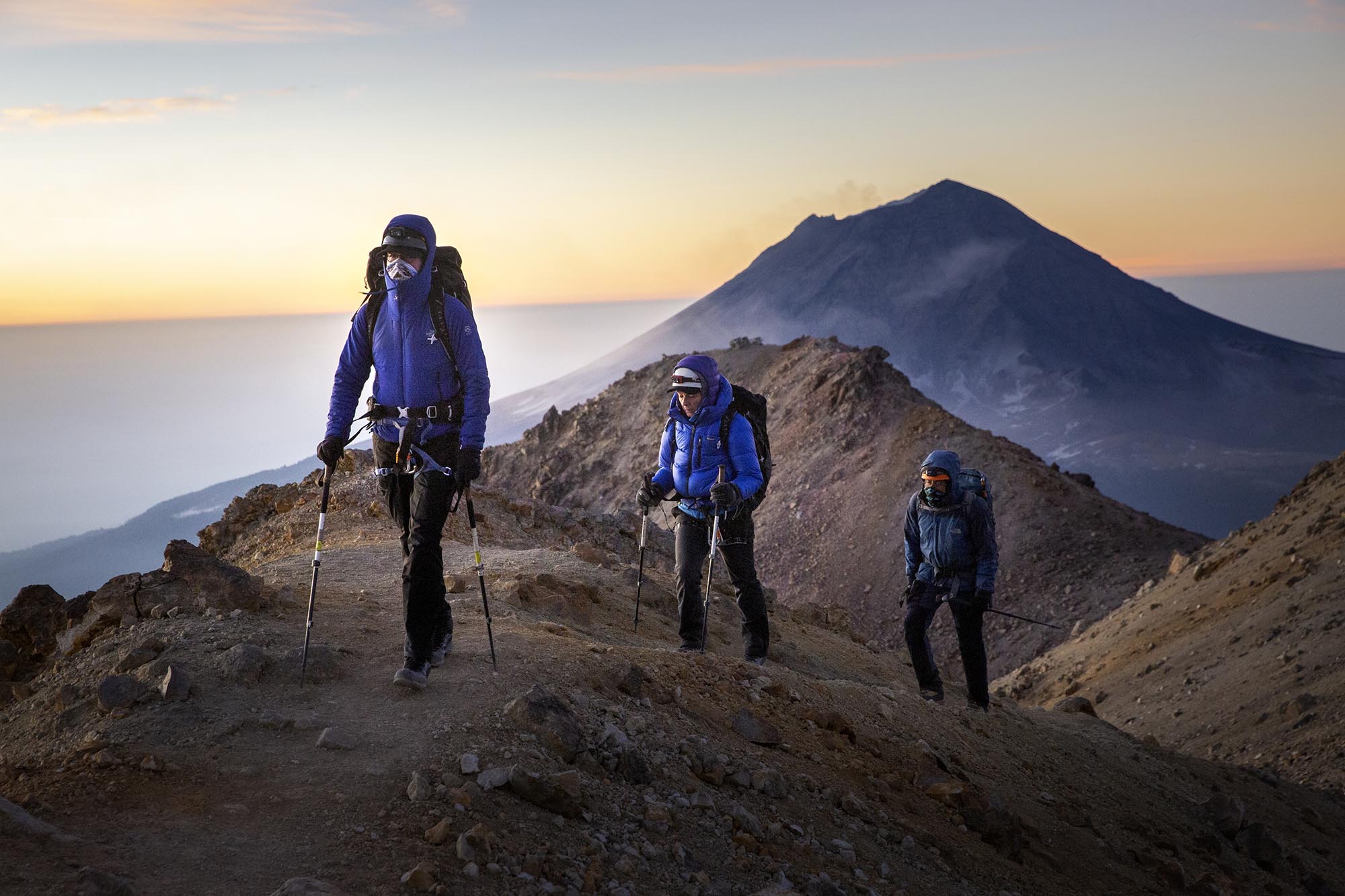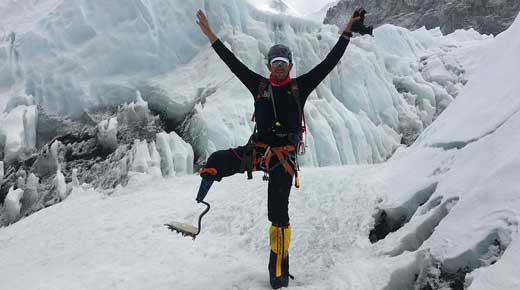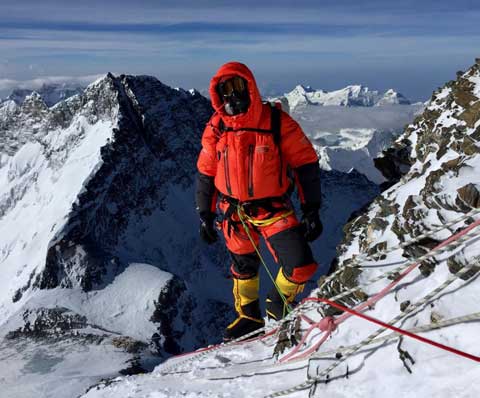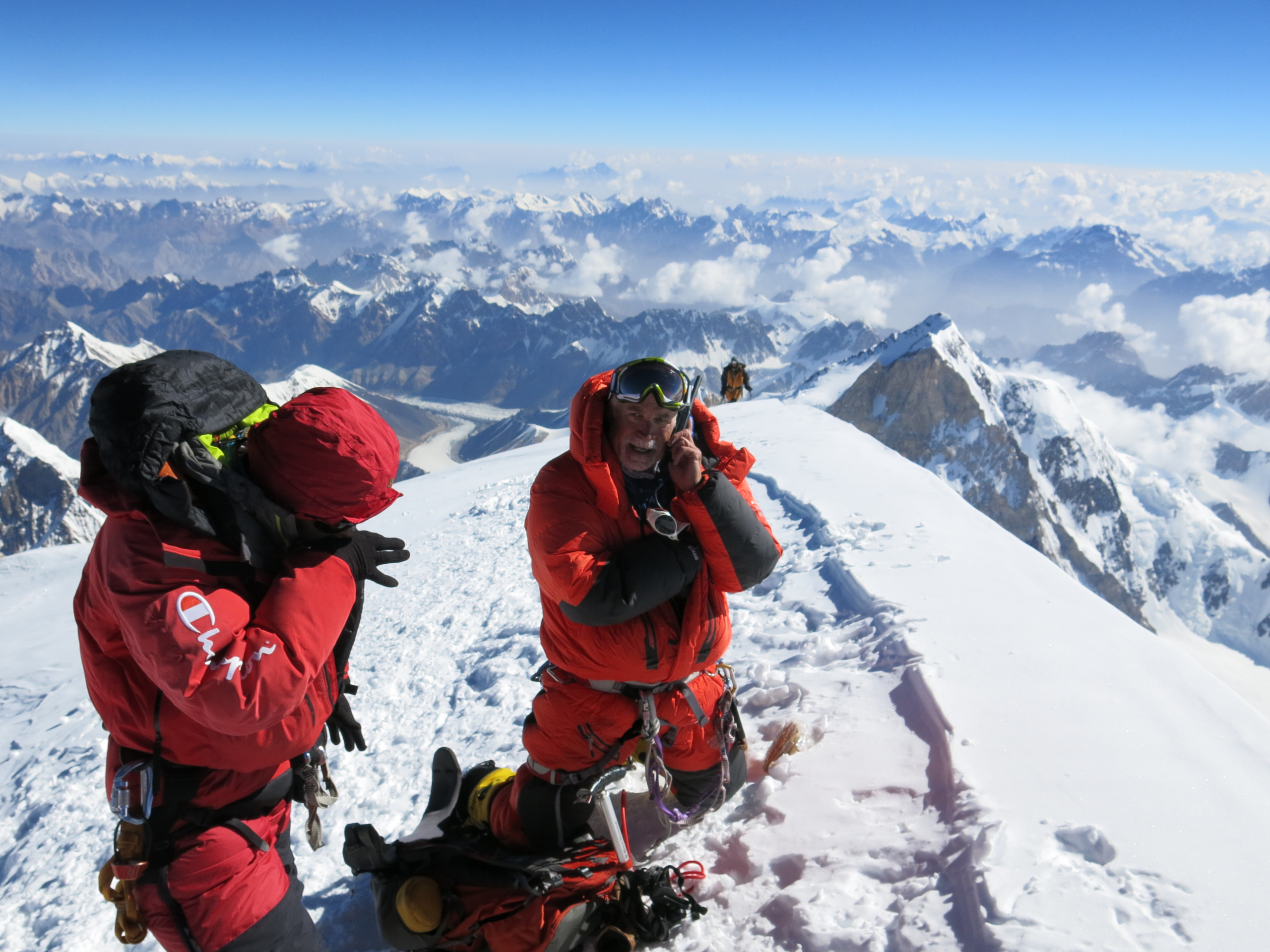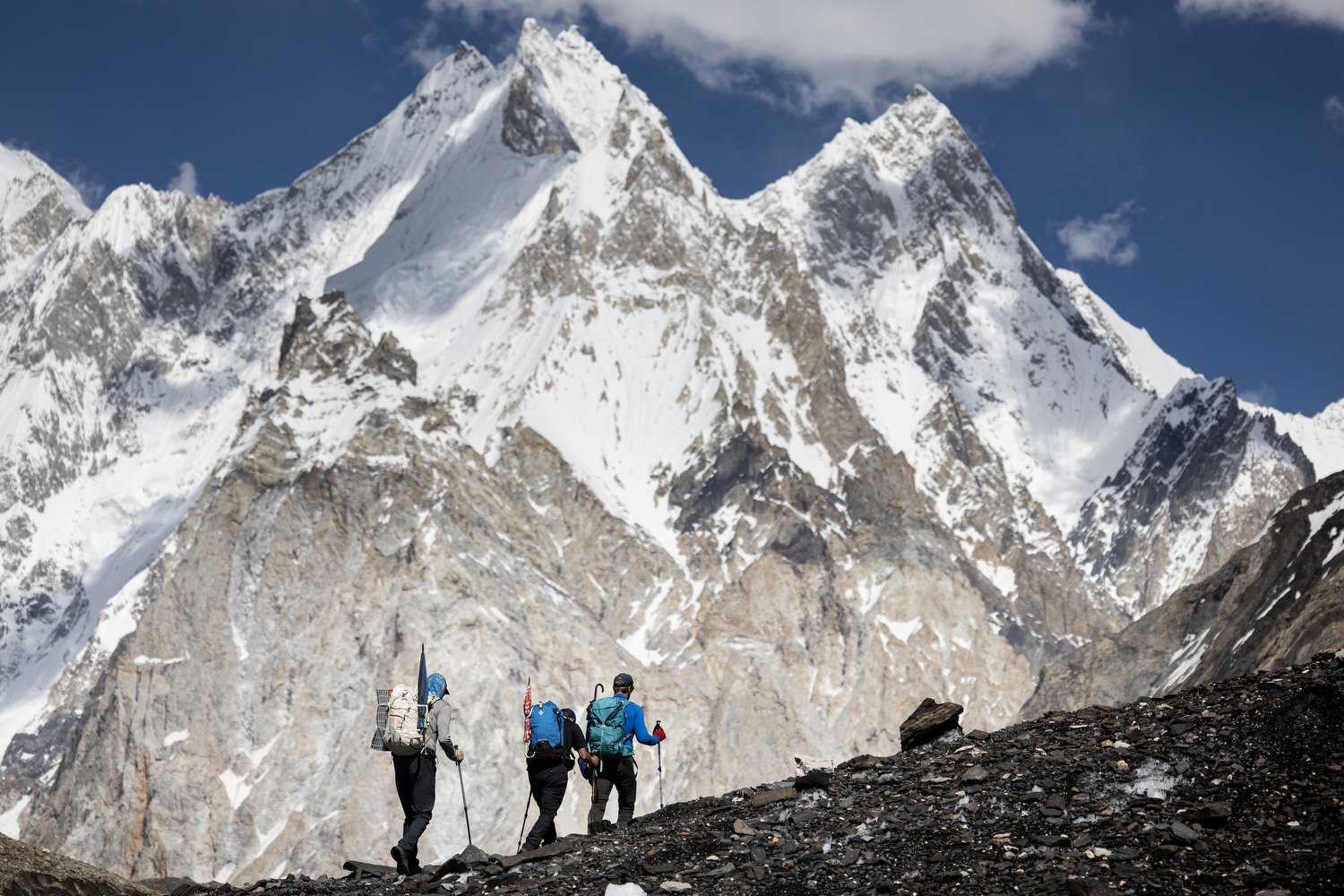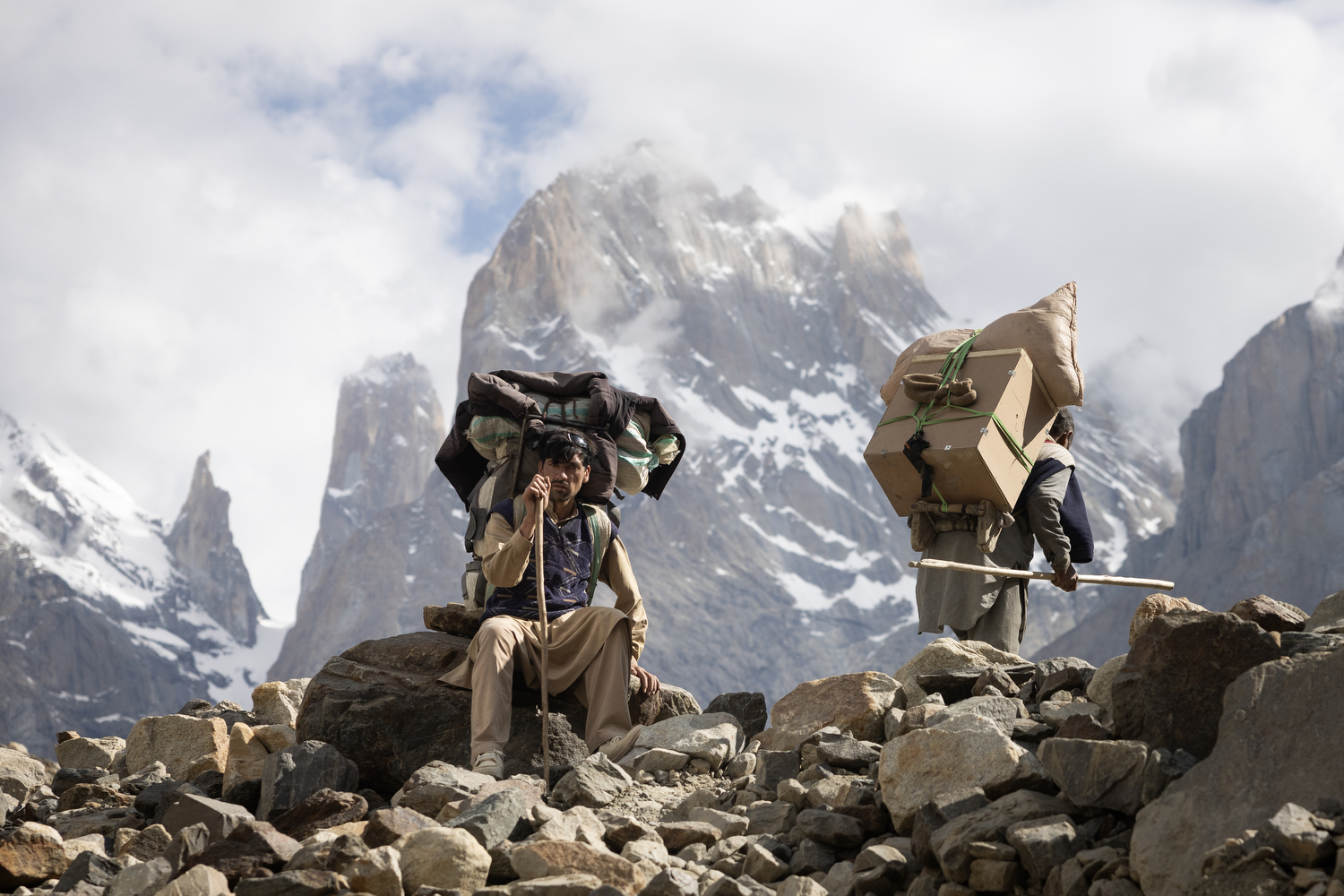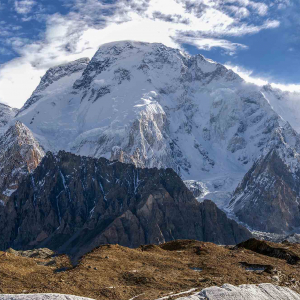The Cordillera Real mountain range in the Bolivian Andes divides the lowlands of the Amazon basin from the high plateaus of the Altiplano. In the north, colonial buildings dot the hillside village of Sorata, which is a gateway to nearby mountain trails and ice routes. Bolivia offers some of the best climbing opportunities and some of the finest accessible routes and also has very stable weather which typically allows our expeditions to proceed without delays. The rawness of Bolivia keeps it for the adventure-loving people who are not looking for ultimate comfort and are ready to get dirty in the soil.
If you are looking to solidify your climbing resume and to climb in the Himalayas, climbing with us in Bolivia is a great training program.
- Itinerary
- Dates and Costs
- Gear List
- Why Madison Mountaineering?
Day 1: Arrive La Paz (3640m/11,942ft). Airport pick-up and transfer to La Paz hotel. Overnight in La Paz. We will conduct a brief orientation and equipment check.
Day 2: Today we “acclimatize” around La Paz by touring the many beautiful colonial structures and historic districts, stopping to enjoy lunch in one of the many outdoor cafes. Overnight in La Paz.
Day 3: Travel to the village of Copacabana (3841m/12,602ft) on the shores of Lake Titicaca. Overnight in Copacabana.
Day 4: Continue our acclimatizing by taking a boat trip to the island of Isla del Sol in Lake Titicaca. Return to our hotel in Copacabana for the night.
Day 5: Travel to Rinconada (4430m/14,534ft) leading into Cordillera Real’s Condoriri group of mountains.
Day 6: Trek to our first base camp, Refugio Condoriri (4685m/15,371ft) near the beautiful mountain lake Ch’yar Quta while the bulk of our gear is carried by mules. Overnight near Refugio Condoriri.
Day 7: Near our base camp we will conduct a set of skill reviews and training to prepare for our upcoming climbs. Overnight near Refugio Condoriri.
Day 8: Acclimatize by climbing the nearby peak of Pico Austria and return to base camp for the night.
Day 9: Pequeño Alpamayo climb (5370m/17,618 ft). Summit day! We make an early start and descend back to base camp after our summit attempt.
Day 10: Move to Huayna Potosí base camp (4750m/15,584ft). After trekking out from Refugio Condoriri, we travel by motor coach to the Zongo pass area where the eastern routes up Huayna Potosí originate. We overnight in one of the many refuges in this area.
Day 11: Climb to Huayna Potosí high camp (5210m/17,093ft). Overnight in mountain refuge.
Day 12: Huayna Potosí climb (6088m/19,974ft). Summit day! After our alpine start and summit attempt, we will descend back to our base camp, collect our gear and travel back to La Paz. Overnight in La Paz.
Day 13: Rest/Free Day in La Paz. Overnight in La Paz.
Day 14: Travel to the Illimani base camp (4400m/14,436ft). From La Paz, we travel by 4×4 vechicles to the small mountain village of Pinaya where we begin our trek to Illimani base camp at Puente Roto. The bulk of our gear will be carried by mules to base camp. Overnight in tents at base camp.
Day 15: Active Rest Day. We continue our acclimatizing by hiking in the area of our base camp. Overnight in tents at base camp.
Day 16: Move to Illimani high camp – Nido de Cóndores (5450m/17,881ft). We climb approximately 4-6 hours from base camp to our high camp of Nido de Cóndores. Overnight in tents at high camp.
Day 17: Illimani climb (6310m/20,702ft). Summit day! We make an alpine start and hope to reach the summit of Illimani shortly after sunrise. We descend to our base camp for the night.
Day 18: Travel back to our hotel in La Paz.
Day 19: Depart La Paz. Transfer to the airport and flight back home.
Bolivia Cordilera Real
- August 12 - 30, 2025
Deposit: USD 2,500
Costs Include:
- Airport pickup upon arrival in La Paz, Bolivia
- Welcome dinner on first night in La Paz
- Accommodations in La Paz for 2 nights upon arrival, 2 nights between Huayna Potosi and Illimani climbs, and 1 night before departure
- All food and meals outside of La Paz
- All ground transport during the expedition
- All group gear such as tents, cooking equipment, climbing gear, etc.
- Communications equipment (VHF handheld radios)
- Guides
- Bolivian support staff including cooks, porters, base camp manager
- Porters/mules
Costs Do Not Include:
- Bank transfer fees, if applicable
- Round-trip airfare to La Paz, Bolivia
- Meals in La Paz, other than welcome dinner and included continental breakfasts
- Alcoholic beverages
- Bottled or canned beverages
- Specialty coffee or espresso drinks
- Personal gear, clothing and sleeping equipment (see gear list)
- All expenses incurred in the event of early departure (evacuation fees, transport, extra hotel nights, etc.)
- Trip cancelation insurance or the required medical evacuation insurance
- Charges incurred as a result of delays beyond the control of Madison Mountaineering, LLC
- Gratuities
Cancellation/Refund Policy
- There are no refunds for the deposit or balance payments for this expedition. This includes but is not limited to, expeditions that conclude without reaching or making progress towards expedition objective(s) (for example, the summit) due to route conditions, weather, insufficient manpower, or any other factor outside the control of Madison Mountaineering.
- Expedition leader has the final say on the expedition conclusion and will make all best efforts towards reaching expedition objective(s) within our margin of safety.
- Participants that choose to leave an active expedition for any reason are not entitled to any refunds
- Madison Mountaineering, LLC highly recommends trip cancellation insurance for all expeditions
- Due to the nature and heavy costs of government and operator permits, Madison Mountaineering must adhere to a stringent refund policy
- Deposit due with registration materials
- All balances are due 120 days prior to departure date unless otherwise specified
- Participants whose balances are not received by the 120-day deadline as stated above, risk forfeiture of their funds and their place on the expedition
Note: Madison Mountaineering, LLC reserves the right to waive any fees. As we offer personalized service, we will attempt to accommodate changes and cancellations when necessary, waiving certain fees when feasible. Deposits paid by participants acknowledge the above cancellation terms.
Base Layers
- Synthetic Short Underwear (1-2 pair): non-cotton style underwear
- Lightweight Long Underwear (1-2 pair): long sleeve shirt and long pants
- Heavyweight Long Underwear (1 pair)
- Short Sleeve Synthetic Shirt (1-2)
Mid Layers
- Soft Shell Jacket: to be worn over other layers
- Soft Shell Pants: very breathable and water repellant
- Mid-Layer Top: lightweight layer for use over base layers
- Lightweight Nylon Pants
Windproof/Rain Layers
- Hard Shell Jacket with hood: waterproof and breathable shell jacket
- Hard Shell Pants: waterproof and breathable shell pants
Insulation Layers
- Heavyweight Insulated Down Jacket with hood
- Insulated Pants
Headwear
- Warm Hat: synthetic or wool hat (ski hat)
- Balaclava: to protect your neck and face in high winds
- Baseball Cap or other sun hat: to shade your face/neck from the sun on a hot day
- Bandana or Buff: to protect your neck/face from the sun
Eyewear
- Glacier Glasses: full protection with side covers or wrap around
- Ski Goggles: to be worn in the event of high winds – (2nd pair optional)
Gloves
- Lightweight Synthetic Base Layer Gloves (2 pair): for wearing on warm days
- Soft Shell Gloves: to wear for moderate cold/wind
- Shell Glove with Insulated Liner: to wear for severe cold/strong wind
- Expedition Mitts: large enough to fit a liner glove inside
Footwear
- Liner Socks (3 pairs)
- Wool or Synthetic Socks (3 pairs)
- Mountaineering Boots
- Hiking Shoes/Boots: comfortable hiking boots
- Gaiters
Sleeping Equipment
- Sleeping Bag: rated to at least -20°F
- Self-inflating Sleeping Pad: full length is preferred
- Closed-cell Foam Pad: to be used in conjunction with the inflating pad for warmth and comfort when sleeping
- Earplugs
Mountaineering Gear
- Expedition Backpack: approximately 105L
- Compression Stuff Sacks: for reducing the volume of the sleeping bag, down parka, etc. in your pack
- Trash Compactor Bags: to line backpack and stuff sacks as well as for separating gear
- Backpack Rain Cover (optional)
- Trekking Poles with Snow Baskets: adjustable
- Ice Axe: general mountaineering tool (65cm)
- Crampons: general mountaineering crampons
- Climbing Helmet: must be able to fit over your warm hat
- Alpine Climbing Harness: mountaineering harness, with adjustable leg loops. Not a rock-climbing “sport” harness
- Carabineers: 2 regular, 4 locking
- Belay/Rappel Device
- Headlamp: with 2 extra sets of new batteries
Travel Items
- Large Duffel Bag with Lock: for transporting gear
- Small Duffel Bag with Lock: to store items in the hotel(s) while on the climb
- Travel Clothes and Shoes: for days in cities and towns
- Lightweight journal, sketchbook, pencils, pen
- U.S. cash: for currency exchange to purchase SIM cards or merchandise in cities and towns
Additional Food Items
- Snack Food: bring a few days supply of your favorite climbing snack food such as bars, gels, nuts, beef jerky, etc. variety of salty and sweet is good
Other Equipment
- Cup: plastic 16 oz. minimum cup or mug
- Bowl: large plastic bowl for eating dinner or breakfast
- Spoon: plastic spoon (Lexan)
- Water Bottles (2): wide mouth bottles with 1-liter capacity
- Water Bottle Parkas (2): fully insulated with zip opening
- Water Treatment
- Thermos (optional): 1 liter
- Hand and Toe Warmers
- Sunscreen: SPF 50 or better
- Lip Screen (2 sticks): SPF 30 or better
- Toiletry Bag: include toothbrush, toothpaste, toilet paper, baby wipes and hand sanitizer (2 small bottles)
- Pee Bottle: 1-liter minimum bottle for convenience at night in the tent
- Female Urination Device (FUD)
- Knife or Multi-tool (optional)
- Small Personal First-aid Kit: include athletic tape, band-aids, Ibuprofen, blister care, etc.
- Medications and Prescriptions: bring personal medications, antibiotics (Azithromycin, etc.), altitude medicine such as Diamox, etc.
- Handkerchiefs/Bandanas (optional)
Optional Electronics
- Country-appropriate power plug adapters and power transformers
- Adventure Sports Watch: such as Garmin fēnix 6
- GPS/Personal Satellite Communicator: such as Garmin inReach Mini
- Personal Power System: such as Goal Zero Nomad 28 Plus Solar Panel and Sherpa 100AC Power Bank
- Digital Entertainment: movies, tv shows, music, books loaded on to smartphone, iPad, Kindle
- Camera: bring extra batteries, charger, and memory cards
Madison Mountaineering is recognized for well thought out strategy in leading high altitude climbing expeditions, as well as high-quality service throughout. We have two decades of experience in the planning and coordination of mountaineering expeditions, our reputation is excellent. We strive to make each expedition the best possible experience for our climbers and focus on our 3 primary goals of success in reaching the summit, returning safely, and having fun! Safety is always our number one priority.
Our guides are some of the best and most experienced in the industry, having a strong grasp of technical climbing, expedition, and high altitude experience, along with strong interpersonal skills. Our teams are small and equipped with the best support available to ensure the highest chance of success. We are renowned for our comfortable base camps, high-quality food, first-rate communications, and medical support services, all of which are overseen by a professional member of our team.
Most of our climbers have either climbed with us before, been referred by a friend who has climbed with us, or met one of our teams while attempting another peak and decided to join us for their next expedition. We work hard to facilitate safe, successful, and enjoyable expeditions for all of our climbers. Our track record and past climber testimonials prove we are highly competent experts in our field and love what we do!
